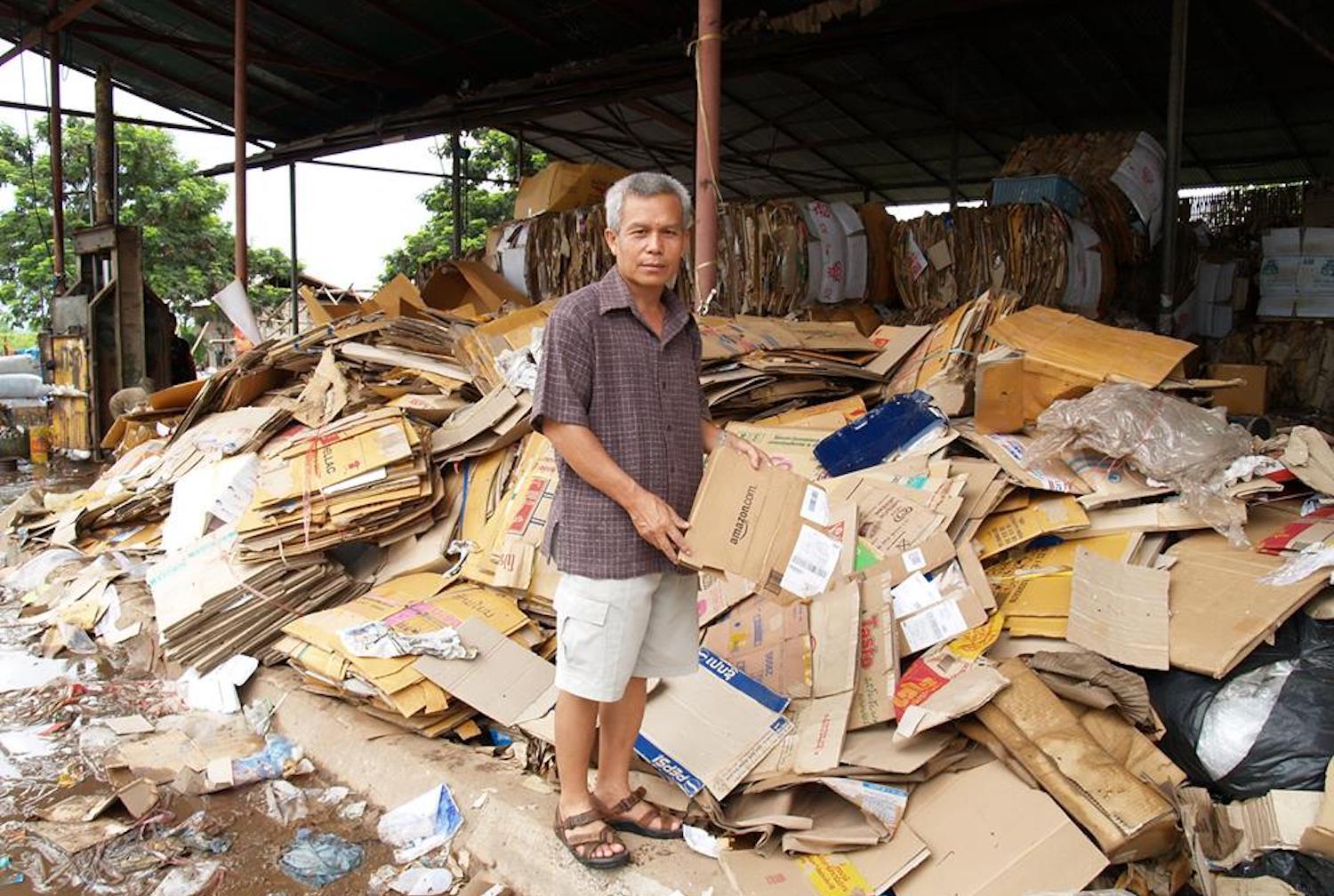ABC News: 29 April 2014
Five hundred days after Laos’ most prominent civil rights advocate went missing at a traffic police checkpoint in the capital Vientiane, his wife said Tuesday she remains completely in the dark about what happened to him.
Sombath Somphone’s disappearance was recorded on closed circuit television. The footage shows the activist being escorted by two men to a pickup truck and driven away.
But Laos has released scant information, and Sombath’s disappearance has sent a chilling message to civil society in the one-party state.
His Singapore-born wife, Ng Shui-Meng, is visiting Washington to urge the Obama administration and Congress to press the Lao government to resolve the case which she said has hurt the image of the Southeast Asian nation where she’s lived for more than 30 years.
Sombath championed young people’s participation in development and in 2005 won the Magsaysay Award, Asia’s equivalent of the Nobel Peace Prize. But there’s been a news blackout about his case inside Laos, where media is state-controlled.
“I’m completely in the dark 500 days after he was abducted,” Shui-Meng told reporters. “It seems a wall of silence has fallen in the country.”
The government has denied its security apparatus were involved in the Dec. 15, 2012, disappearance. It has said that Sombath could have been kidnapped because of personal or business conflict.
Despite appeals from the U.S. and other Western nations for more information, the government has been largely silent about what it says is an ongoing investigation. It has rejected offers of technical assistance that might make it possible to decipher the license plates of vehicles caught on the closed-circuit TV footage.
The Lao Embassy in Washington did not respond Tuesday to a request for comment
“For me, I’m not interested in who has taken Sombath. I’m interested in getting him home,” said Shui-Meng, a former UNICEF official. Sombath was diagnosed as suffering the early stages of prostate cancer shortly before his disappearance, adding to her concern for his welfare.
Shui-Meng, who said she will be meeting with White House staff, urged President Barack Obama to issue a statement on the case, to help persuade the Lao government that’s “in the best interest of the country” to resolve it as quickly as possible as it looks to expand its political and economic engagement with the international community.
She also advocated more international attention on Laos’s struggling civil society groups, but pushed backed against suggestions that donor nations should exert more pressure by threatening to cut development aid.
“Knowing Sombath and knowing what he stood for and worked for, he would be the last one to advocate for the cutting of any program that would have a negative impact on the livelihoods and lives of the people,” said Shui-Meng, who still lives in Laos and directs a ‘fair trade’ business selling village handicrafts.
